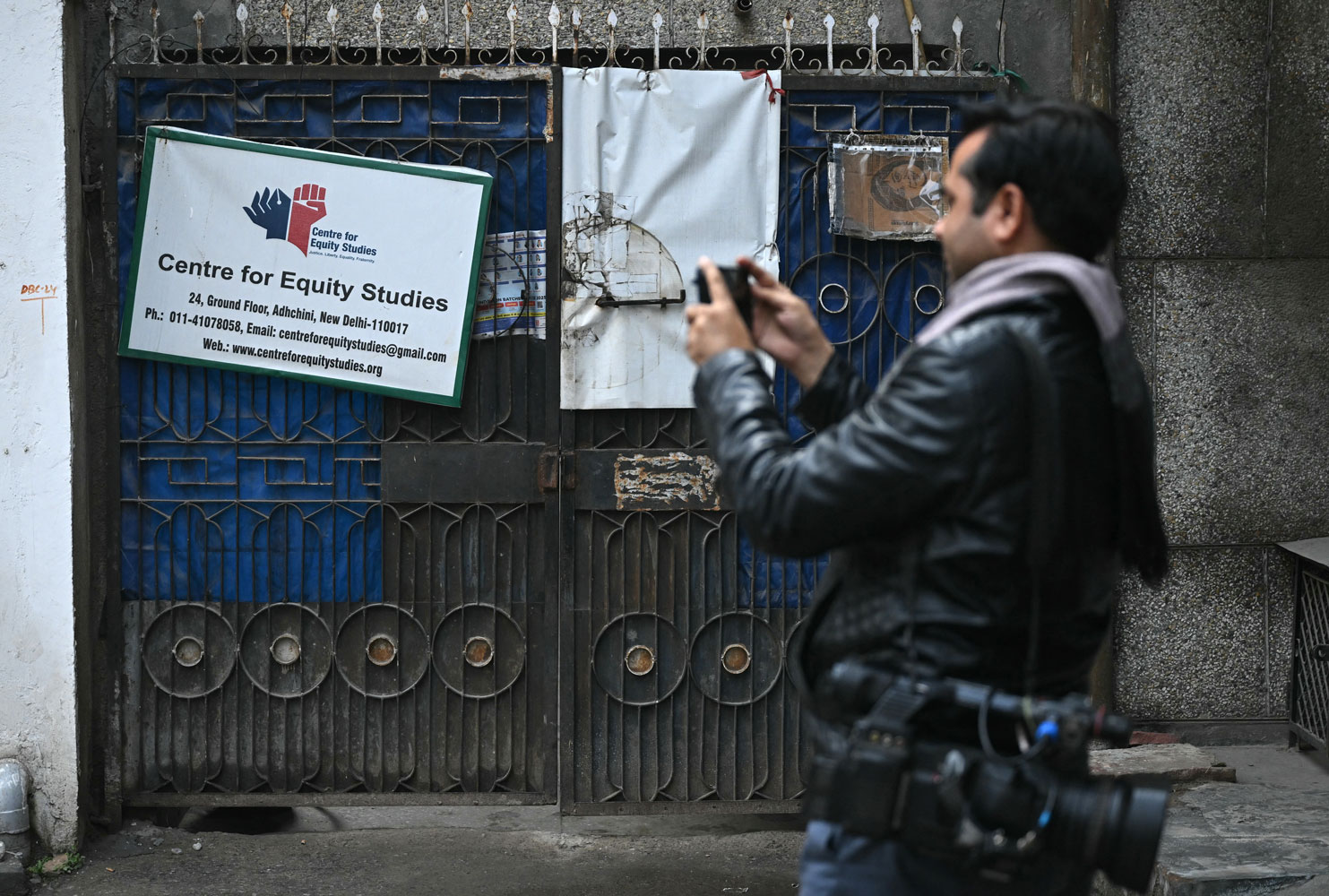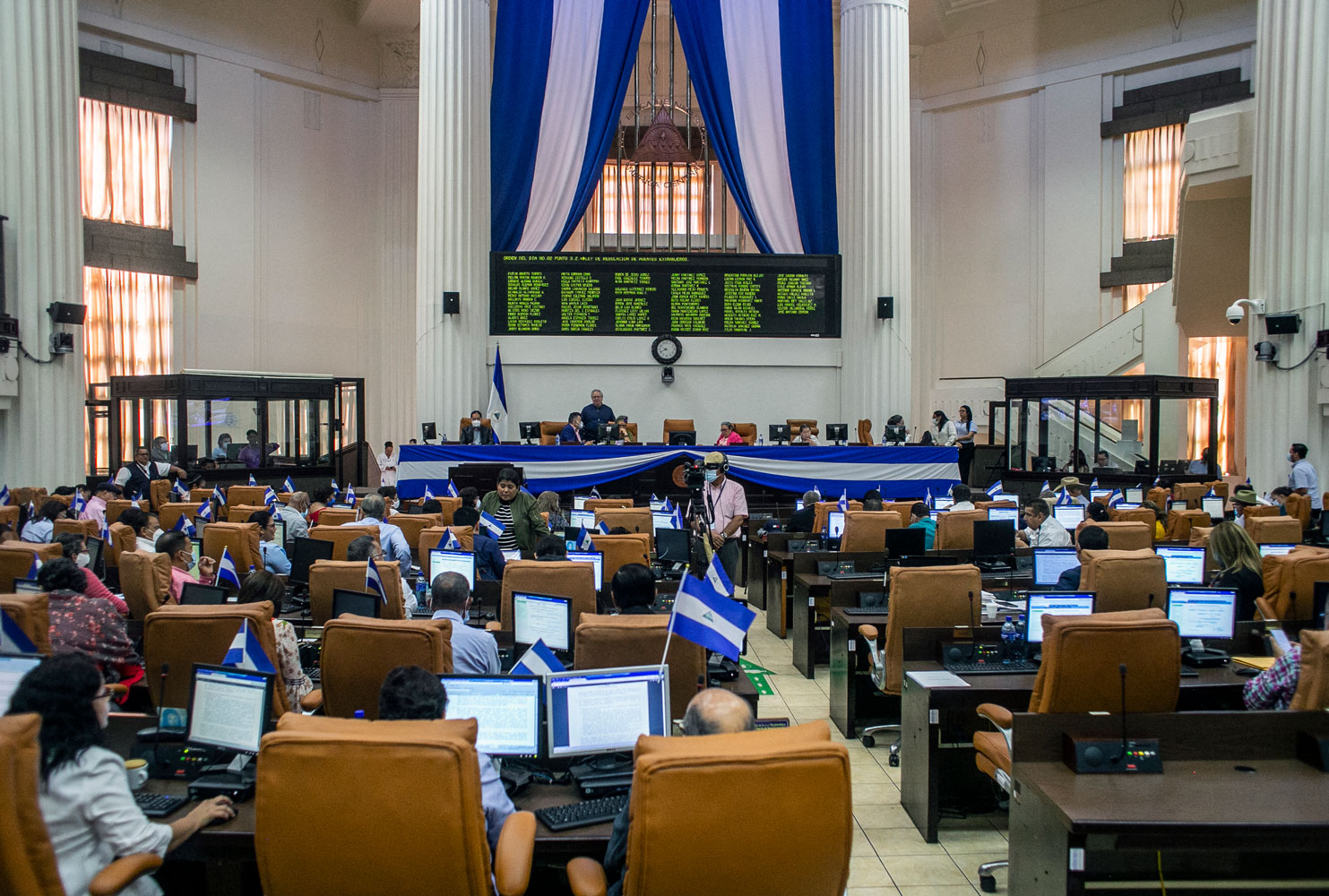Table of Contents
- Cutting civil society’s lifeline
- SUMMARY +
- INTRODUCTION +
- HISTORICAL ORIGINS The USA’s 1938 Act +
- 2004-2009 Early steps in Ethiopia and Zimbabwe +
- 2012 Russia sets the template +
- 2014-2018 Russia’s copycats +
- 2020-2022 Asia and the Americas +
- 2022-2024 Central Asia and the Caucasus +
- 2024-2025 Foreign agents laws go global +
- Trends and prospects +
- Recommendations +
- Download Report +
2020-2022 Asia and the Americas
The next adopters of foreign agents laws were two leaders who’ve systematically sought to subdue civil society: Indian Prime Minister Narendra Modi and Nicaraguan President Daniel Ortega.
Instead of passing a dedicated foreign agents law, India tightened its existing Foreign Contribution (Regulation) Act 2010 (FCRA) to change how CSOs could operate with international funding. The changes eliminated regranting and sub-granting arrangements between Indian CSOs that relied on foreign funds, dismantling collaborative funding networks. All organisations were mandated to maintain their accounts exclusively with the State Bank of India in New Delhi, subjecting them to increased government scrutiny. The law also reduced the permitted administrative expense cap from 50 to 20 per cent of foreign funds and established a mechanism to allow CSOs to voluntarily surrender their registration, with any assets acquired with foreign funding transferring to government control.

Photo by Arun Sankar/AFP
Before the 2020 amendment, the government could freeze an organisation’s funds only if it was found guilty of contravening the FCRA’s provisions. Following the amendment, it can now suspend an organisation’s account based on any information or report and after a preliminary inquiry.
The impact has been devastating: by late 2022, over 20,000 CSOs had forfeited their authorisation to receive foreign donations due to their inability to comply with the new requirements, with an additional 15,000 losing their licences by mid-2024. Thousands of hospitals, schools and social development projects were left without funding they’d relied on for years. Officially framed as anti-money-laundering reforms, the legal changes effectively dismantled large segments of India’s civil society. Civil society groups affected include prominent national organisations such as Citizens for Justice and Peace, Lawyers Collective and People’s Watch, and international organisations such as Amnesty International India and Greenpeace India.
Restrictions intensified further in 2025, when the government introduced new rules requiring CSOs that receive foreign contributions and engage in publication-related activities to obtain a certificate from the Registrar of Newspapers for India confirming they do not circulate any news content. This additional layer of control further constrains CSOs’ ability to communicate their work and findings to the public.
SINGAPORE’S INNOVATION
Singapore’s Foreign Interference (Countermeasures) Act, enacted in October 2021, took a different approach by introducing the concept of ‘politically significant persons’. The government passed the law despite serious concerns from academia, civil society, international human rights organisations and opposition parties about its overly broad scope and lack of independent oversight.
CSOs that receive this designation, including human rights groups Maruah and Think Centre, added to the list in December 2023, must annually disclose political donations over S$10,000 (approx. US$7,700) and their foreign affiliations. The law covers a wide range of activities, communications and conduct ‘directed towards a political end in Singapore’ meaning almost any form of association and expression relating to politics, social justice and other matters of public interest can fall within its scope.
Human rights groups warned that the law’s vague notions of foreign interference could be used to curtail freedoms, and the designation as a politically significant person makes it more difficult for civil society groups to secure volunteers, seek funds and participate in regional and international meetings. The law also empowers the Minister for Home Affairs to order the removal of online content and provides no mechanism for independent judicial oversight when human rights violations occur.

Photo by STR / AFP
Nicaragua’s approach has been more direct and comprehensive. Enacted in October 2020, its Foreign Agents Law explicitly targeted government critics by requiring any CSO, media outlet or private citizen receiving foreign funding to register as a foreign agent. Those designated as foreign agents face burdensome monthly reporting obligations under Ministerial Agreement 3-2021. The designation prohibits those affected from engaging in broadly defined political activities, effectively silencing opposition voices.
Over 5,600 organisations have been dissolved, resulting in the almost total dismantling of the national civic fabric. The few remaining organisations operate under strict state supervision and have no real autonomy. Internal resistance is virtually non-existent due to the enormous risks involved; it is the diaspora that keeps international condemnation alive.
WISTHON NOGUERA | Nicaragua

NICARAGUA'S DISMANTLING OF CIVIL SOCIETY
Nicaragua provides one of the most extreme examples of how a foreign agents law can be used as part of a comprehensive legal architecture of repression with the aim of dismantling civil society. The government has systematically attacked civic space since a wave of mass protests in April 2018. The foreign agents law was passed alongside a Special Law on Cybercrime, which criminalised online content the government deems ‘false’ with penalties of up to 10 years in prison. In 2024, the law was amended to strengthen penalties and extend government control abroad.
In 2021, the government brought in the Law for the Defence of the Rights of the People to Independence, Sovereignty and Self-determination for Peace, which barred what it called ‘traitors to the homeland’ running for office. The implementation of this law has been particularly brutal: in February 2023, the Court of Appeals in Managua labelled 94 people as traitors, stripping them of their nationality and ordering the confiscation of their property, all without due process.
January 2022 brought legislation allowing life sentences for loosely defined hate crimes, while March 2022 saw the passage of the General Law for the Regulation and Control of Non-Profit Organisations. This final piece banned CSOs engaging in activities that could ‘disturb public order’ or conduct ‘destabilisation campaigns’ and introduced cumbersome registration and reporting requirements few organisations can realistically meet.
The cumulative impact has been catastrophic. Overall, the government has shut down over 5,600 CSOs, including 1,500 in a single day in August 2024, accounting for roughly 80 per cent of CSOs that used to operate in Nicaragua. Numerous organisations dedicated to environmental protection, freedom of expression, human rights advocacy and women’s and children’s rights have been shuttered. The assault has also targeted educational and religious institutions, including universities and bodies associated with the Catholic Church such as congregations, schools and media outlets. State security forces have raided suspended organisations, seized their offices and confiscated their assets. Thousands of academics, civil society activists and journalists have been driven into exile.
With only state-controlled organisations remaining operational, Nicaragua has become a full-blown authoritarian regime where independent voices have been eliminated and civic space has shut down. Its foreign agents law was instrumental in making this happen.